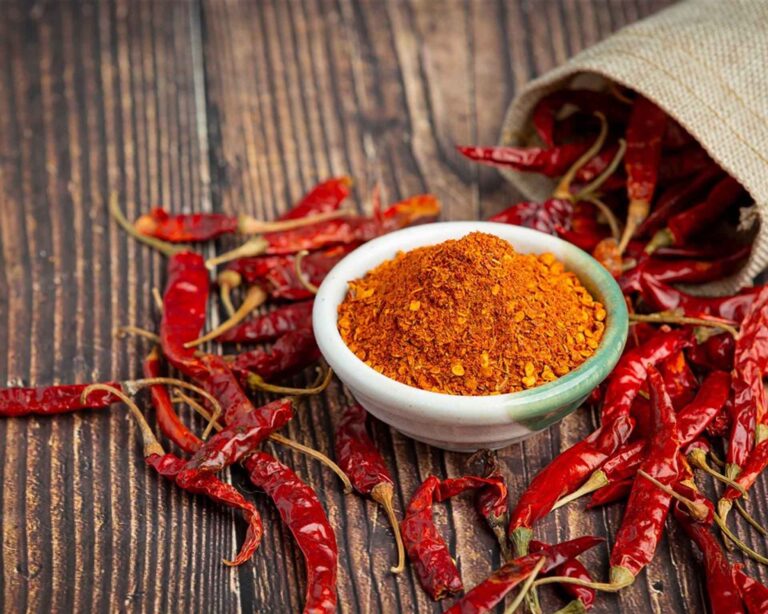
Building Mental Resilience: Mindset Strategies for Athletes
Ever noticed how the toughest battles in sports often happen off the field? Yep, I’m talking about the mental game—the one that goes on in your head. It’s not just

Ever noticed how the toughest battles in sports often happen off the field? Yep, I’m talking about the mental game—the one that goes on in your head. It’s not just

Insulin resistance, a prevalent health issue, can lead to various chronic conditions, including type 2 diabetes, obesity, and heart disease. Traditional medical treatments often focus on medications and standard dietary

Hippocrates, often referred to as the “Father of Medicine,” famously emphasized the importance of digestion and gut health. Although the exact quote, “all evil starts in the gut,” may not

Meditation can be approached in various ways, but the following steps offer a foundational guide for those looking to start or refine their practice. Remember, meditation is a journey, not

Have you ever stopped to think about what your heartbeat says about life itself? It’s not just a sign of life; it’s a metaphor for how we live. Like an

Melatonin is a hormone produced by the pineal gland in the brain, responsible for regulating sleep and circadian rhythms. Emerging research has identified a potential role for melatonin in the

تُعتبر الكزبرة معروفة جيداً بخصائصها الهضمية. لذا يمكن أن يساعد شرب ماء الكزبرة المنقوعة في تحفيز الإنزيمات الهضمية والعصائر، ممّا يعزز عملية الهضم. يمكن لهذا الماء أن يساعد في تخفيف

فوائد صحية لمسحوق الكايين
– يعزّز الأيض ويساعد على فقدان الوزن: يحتوي الفلفل الكايين على مادة الكابسيسين، وهي مركب يعرف بزيادة كمية الحرارة التي ينتجها جسمك، مما يجعلكم تحرقون المزيد

تعزيز الصحة العقلية من خلال النشاط البدني
احدى النتائج الرئيسية لدراسة قامت بها شركة آبل، والتي قامت بتحليل بيانات مستخدمي ساعة آبل، هو أن لعب البيكلبول مرتبط بمعدلات أقل للإبلاغ

العناصر الغذائية الكثيفة والقليلة في السعرات الحرارية
الملفوف هو طعام غني بالعناصر الغذائية ومنخفض في السعرات الحرارية وهو أمر أساسي لتحقيق توازن غذائي. كل كوب من الملفوف الخام يحتوي على

مخاطر جهاز التسمير
يبثّ جهاز التشميس أو المعروف باسم جهاز التسمير الاصطناعي، إشعاعات فوق البنفسجية (UV) لمحاكاة تأثيرات الشمس وتغمق البشرة بسرعة. وعلى الرغم من شعبيته، فإنّ المخاطر المرتبطة

القلق ليس مجرد تجربة للإجهاد، بل يظهر جسدياً على شكل صداع وألم مزمن ومشاكل هضمية، مما يمكن أن يؤدي إلى حالات خطيرة مثل أمراض القلب. والأهمّ من ذلك، يمكن أن